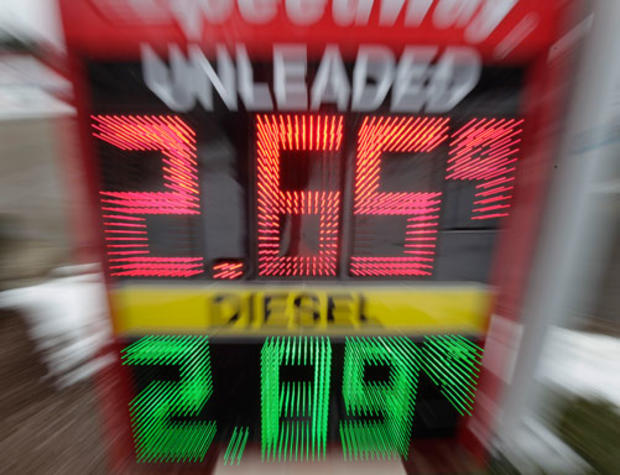U.S. economy lost speed in the fourth quarter
WASHINGTON - The U.S. economy slowed in the final three months of 2014 as a big burst in consumer spending was offset by weakness in other areas. But economists expect growth to rebound over the course of the year as the sharp plunge in energy costs encourages Americans to spend.
The Commerce Department said Friday the overall economy grew at a 2.6 percent rate in the October-December period, down from sizzling gains of 4.6 percent in the second quarter and 5 percent in the third quarter. Most forecasters had expected fourth-quarter growth of at least 3 percent.
Consumers did their part in the fourth quarter, pushing up spending by fastest rate in nearly nine years. But businesses investment, trade and government spending weakened.
For the year, the economy grew at a moderate rate of 2.4 percent, up from 1.9 percent in 2013. But economists believe 2015 could be a breakout year for growth, with consumer spending boosted by strong employment gains and falling gas prices. Many expect growth above 3 percent this year.
Growth at that rate would continue to outpace other big economies around the world.
"Consumers will continue to increase their spending as the economy adds around 240,000 jobs per month and wage growth picks up with the tighter labor market," said Stuart Hoffman, chief economist with PNC Financial Services Group, in a note.
A major factor weighing on fourth-quarter growth was weaker defense spending, which had surged during the previous three months. That unusually large spike in military expenditures between July and September was largely reversed in the final three months of the year, which reduced growth.
Last week, the International Monetary Fund cut its outlook for global growth over the next two years, warning that weakness in most major economies will trump lower oil prices. But the IMF increased its outlook for the U.S. economy, pegging growth this year at 3.6 percent. If that forecast comes true, it would mark the fastest annual U.S. growth in over a decade, since the economy expanded 3.8 percent in 2004.
That would mark a sharp acceleration after a string of sub-par years in which the economy grew at just over 2 percent. That weakness reflected the struggle the country faced in pulling out of the 2007-2009 Great Recession, the worst downturn since the 1930s.
Forecasters say the U.S. economy at long last has turned the corner with solid job growth and plunging gasoline prices combining to boost consumer spending, which accounts for two-thirds of economic output.
"It took us awhile to get here, but I think the economy is finally off and running," said Mark Zandi, chief economist at Moody's Analytics. "We are seeing a number of positive developments. Businesses are hiring aggressively and the big drop in gas prices means that people have more money to spend on other items."
Global oil prices have fallen by nearly 60 percent in just seven months with the nationwide average for gasoline now around $2 per gallon.
That decline translates into a savings for consumers of about $175 billion, Zandi said. "A big part of growth this year will be people spending their gas savings," he said.
Ian Shepherdson, chief economist with Pantheon Macroeconomics, thinks lower energy costs will sustain consumer spending -- which accounts for more than two-thirds of U.S. economic activity -- and offset the slide in corporate investment.
Separately, government data released Friday shows that employee wages rose 2.2 percent in 2014. While that falls well short of the wage growth that typically follows a recession -- in a stronger recovery, wages should be rising at an annualized rate of 3 percent or 4 percent -- it is an improvement over 1.9 percent in 2013.
"We expect more acceleration, especially if the unemployment rate falls some more -- as seems highly likely," said Jim O'Sullivan, chief U.S. economist with High Frequency Economics, in a research note.
The Federal Reserve on Wednesday took note of the better economic conditions while promising to remain "patient" in deciding when it is time to begin raising interest rates. A key Fed rate has been at a record low near zero for six years.
The central bank has leeway to be patient because the weaker global economy has helped push up the value of the dollar against other countries and gasoline prices are plunging. Both developments are helping to hold down inflation, which was already low.
